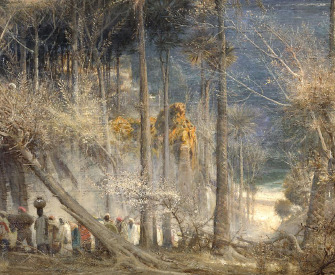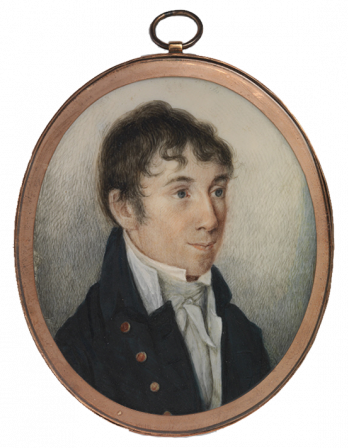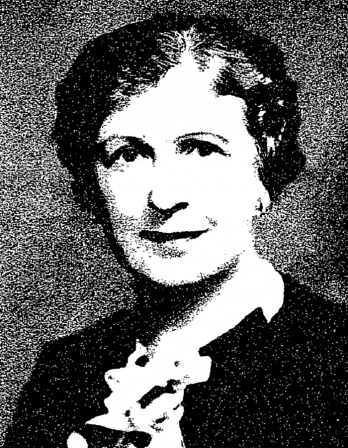None who have always been free can understand the terrible fascinating power of the hope of freedom to those who are not free.
—Pearl S. Buck, 1943Emancipation Proclamation
Belinda demands her unalienable rights.
To the Honorable the Senate and House of Representatives in General Court assembled, the petition of Belinda, an African, humbly shows:
That seventy years have rolled away since she on the banks of the Rio de Valta received her existence—the mountains covered with spicy forests, the valleys loaded with the richest fruits, spontaneously produced, joined to that happy temperature of air to exclude excess, would have yielded her the most complete felicity had not her mind received early impressions of the cruelty of men, whose faces were like the moon, and whose bows and arrows were like the thunder and the lightning of the clouds. The idea of these, the most dreadful of all enemies, filled her infant slumbers with horror, and her noontide moments with evil apprehensions. But her affrighted imagination, in its most alarming extension, never represented distresses equal to what she hath since really experienced, for before she had twelve years enjoyed the fragrance of her native groves and ever she realized that Europeans placed their happiness in the yellow dust which she carelessly marked with her infant footsteps—even when she, in a sacred grove, with each hand in that of a tender parent, was paying her devotions to the great Orisa who made all things—an armed band of white men, driving many of her countrymen in chains, ran into the hallowed shade! Could the tears, the sighs, and the supplications bursting from tortured parental affection have blunted the keen edge of avarice, she might have been rescued from agony, which many of her country’s children have felt but which none hath ever described. In vain she lifted her supplicating voice to an insulted father and her guiltless hands to a dishonored deity. She was ravished from the bosom of her country, from the arms of her friends—while the advanced age of her parents, rendering them unfit for servitude, cruelly separated her from them forever!
Scenes which her imagination had never conceived of—a floating world, the sporting monsters of the deep, and the familiar meetings of billows and clouds—strove, but in vain, to divert her melancholy attention from three hundred Africans in chains suffering the most excruciating torments, and some of them rejoicing that the pangs of death came like a balm to their wounds.
Once more her eyes were blessed with a continent—but alas, how unlike the land where she received her being! Here all things appeared unpropitious. She learned to catch the ideas marked by the sounds of language only to know that her doom was slavery, from which death alone was to emancipate her. What did it avail her that the walls of her Lord were hung with splendor, and that the dust trodden underfoot in her native country crowded his gates with sordid worshippers—the laws had rendered her incapable of receiving property—and though she was a free moral agent, accountable for her actions, she never had a moment at her own disposal.
Fifty years her faithful hands have been compelled to ignoble servitude for the benefit of an Isaac Royall until—as if nations must be agitated and the world convulsed for the preservation of that freedom which the Almighty Father intended for all the human race—the present war was commenced. The terror of men armed in the cause of freedom compelled her master to fly—and to breathe away his life in a land where lawless domination sits enthroned, pouring bloody outrage and cruelty on all who dare to be free.
The face of your petitioner is now marked with the furrows of time, and her frame feebly bending under the oppression of years, while she, by the laws of the land, is denied the enjoyment of one morsel of that immense wealth, a part whereof hath been accumulated by her own industry and the whole augmented by her servitude.
Wherefore—casting herself at the feet of Your Honors as to a body of men formed for the extirpation of vassalage, for the reward of virtue, and the just return of honest industry—she prays that such allowance may be made her out of the estate of Colonel Royall as will prevent her and her more infirm daughter from misery in the greatest extreme, and scatter comfort over the short and downward path of their lives—and she will ever pray.
Belinda
From a petition to the Massachusetts General Court. Belinda was enslaved by the Royall family for fifty years. In 1778, after fleeing America for England when the revolution broke out, the Loyalist Isaac Royall Jr. made a will instructing that Belinda be paid thirty pounds a year for three years, so that “she shall not be a charge to the town of Medford.” Royall died in 1781, and Belinda presented this petition to the General Court in order to secure a pension from the proceeds of his estate. The court granted her an annual pension of fifteen pounds and twelve shillings; records suggest she received payment only twice.



